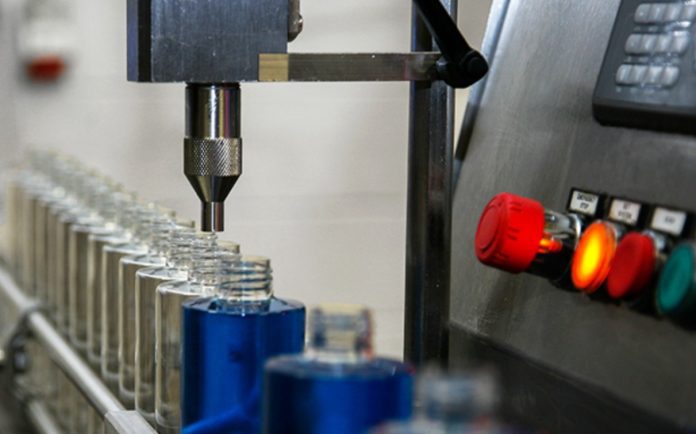Products made by a manufacturer but marketed under the label of another business are known as “private labels.”
The private label manufacturers make the product according to your requirements, print your logo on the package, and ship it directly to you as the brand owner.
Manufacturers that sell under their brand name are not the same as retailers that sell to the general public. Instead, they partner with established businesses that can afford to make bulk purchases.
Private labeling occurs when a company pays another company to provide a product or service under its label. The profit margins for this company strategy might be significantly increased.
Making one’s product, as opposed to reselling the work of others, gives entrepreneurs more leeway in innovation and differentiation.
Private labeling has been more popular in recent years as a primary business strategy for its ability to provide a steady stream of revenue.
Cases of Private Labeling
Private-label goods are available wherever you go. Almost every label you see online is a private label.
For instance, our Bumblebee Linens online shop has our very own range of private-label linens and handkerchiefs.
Nike also offers a line of private-label footwear. Lego has a line of branded toys that they sell. Amazon also offers generic versions of its best-selling items under its brand name.
A private label products is similar to any other products, except that it bears your brand, and you have complete creative control over it.
Just how lucrative is private labeling?
Selling private label items has the best margins of any e-commerce company strategy.
Profit margins for drop shipping, wholesale, and private labels are detailed below.
- Profit margins from 10% to 30% may be achieved by drop shipping.
- The profit margin at standard wholesale: is 50%
- Profit margins of 66 percent or more on private-label products
- Private-label items often have margins of 66 percent or more. We offer private-label items with margins of over 90%!
Therefore, selling tangible things under one’s brand name has the most profit potential. In addition, you have a complete say over all aspects of marketing, packaging, and distribution.
Benefits of Private Labeling
You should know the benefits and drawbacks of the private label before deciding between private labels and other e-commerce sourcing strategies like drop shipping or conventional wholesale.
Among the many benefits of private labels are the following:
- Complete Brand and Product Ownership Allows You to Direct All Marketing and Branding Efforts. You have complete control over who can sell your goods and at what price. How you advertise and sell your wares is entirely up to you.
- You have complete creative control over the finalized product since you own the brand. You have complete creative freedom in developing the product. Also, you have a say in who makes your product.
- Competition from other merchants selling the same item means you have minimal wiggle room in setting your selling price when you’re reselling someone else’s goods. Consumers have the ability and incentive to shop around for the best deal. However, you can decide how much to charge for your label.
- Profit Margin Is High the profit margins for private label items are the greatest of any e-commerce company strategy.
- You may sell your items directly to customers, but you can also sell in bulk to other companies as a wholesaler.
Consequences of Using a Private Label
Private label is the best e-commerce business strategy for profit and margin, but it also needs the most significant initial effort.
Here are some of the problems with peddling private branded goods.
- Launching a private-label product will cost you at least $2,000 more than drop shipping or conventional wholesale. For additional details, check out my cost of opening an Internet business guide.
- The difficulty of quality control increases when creating items in large quantities and requires close collaboration with your plant.
- You Need to Carve out Your Niche – Having your brand can be a blessing and a curse. Everything is yours, on the one hand. However, you are responsible for building your brand and promoting it.
































